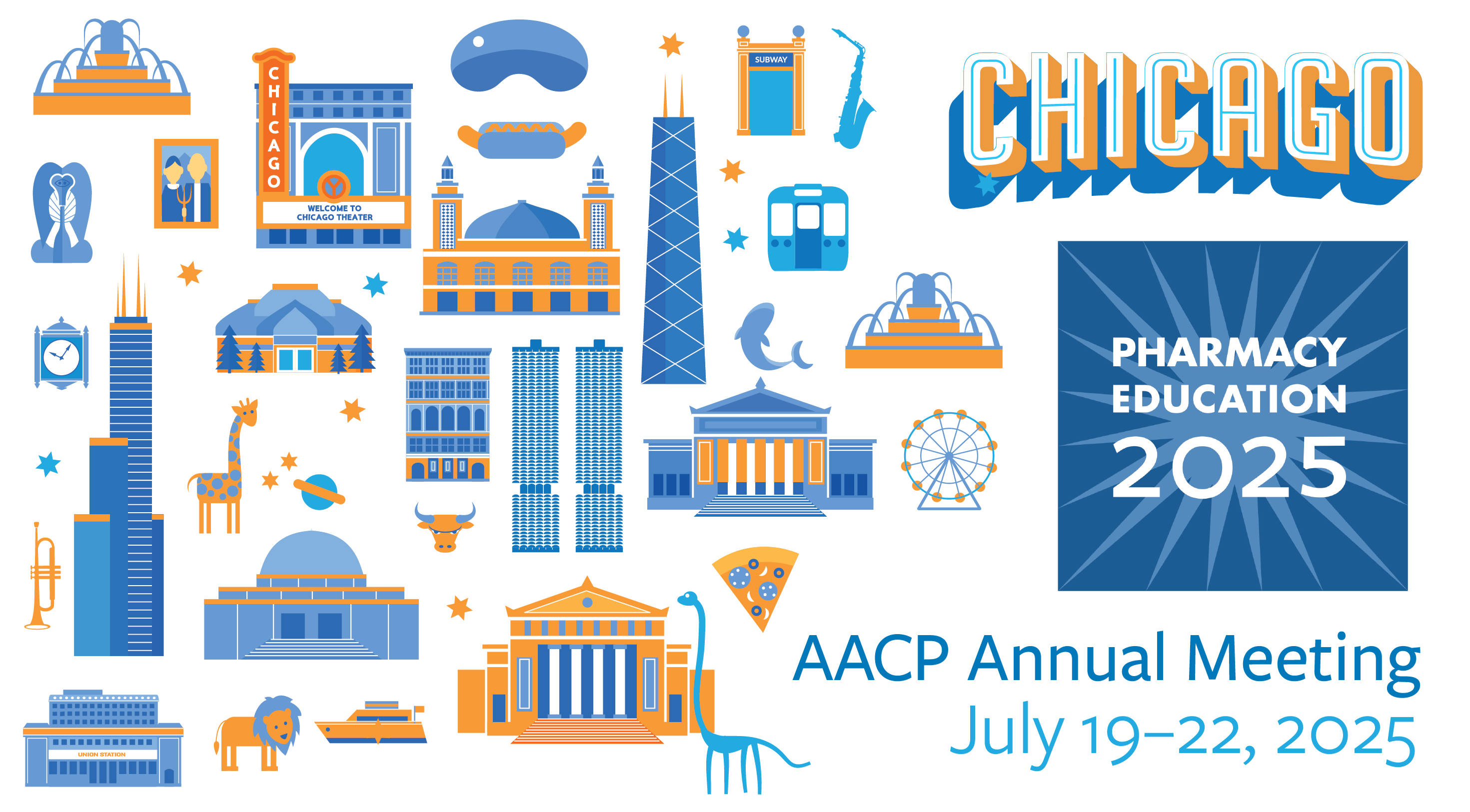Pharmacy Education 2025 - Speakers

Opening General Session
 Setting the Stage
Setting the Stage
Meet Conference Headliner, Dr. Aaron E. Carroll
Join Dr. Aaron E. Carroll, President & CEO of AcademyHealth, for two powerful plenary sessions. As a renowned pediatrician, health services researcher, and science communicator, Dr. Carroll will explore the pharmacist’s role in translating research into practice, advocating for evidence-based policy, and navigating the challenges of science communication in an era of misinformation.
Opening General Session: From Research to Reality: Empowering Pharmacists in a Changing Landscape
As healthcare evolves, pharmacists play a crucial role in translating research into practice and shaping policy. In this talk, Dr. Aaron E. Carroll will explore the challenges of evidence-based decision-making, including threats to academic freedom, funding, and self-governance in research. He will highlight how pharmacists can navigate these complexities, advocate for innovation, and strengthen public trust through effective science communication. This session will provide actionable strategies to help pharmacists drive policy change, overcome obstacles, and ensure a future where evidence-based practice thrives.
Science Plenary: Beyond 'Follow the Science': Navigating the Complexities of Social Media in Science Communication
The rise of social media has transformed the way scientific information is communicated, often blurring the lines between evidence-based research and misinformation. In this session, Dr. Carroll will explore the challenges of science communication in today’s digital landscape. He will examine why “following the science” is not always straightforward, highlighting the complexities of data interpretation, the risks of cherry-picking evidence, and the impact of fear-based messaging. Using real-world examples, Dr. Carroll will discuss how public health debates, ranging from COVID-19 to vaccine hesitancy, have shaped trust in science. He will provide strategies to help pharmacists navigate misinformation, engage with diverse audiences, and reinforce evidence-based communication in an era of increasing polarization.


